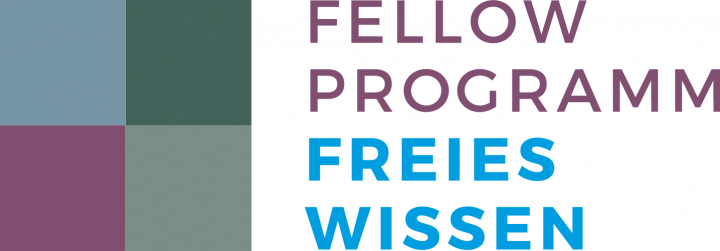What is it all about?
With its Open Science Fellows Program, Wikimedia Deutschland has been actively involved in creating an Open Science community in Germany and has helped to establish Open Science practices. While these practices promise more transparency and better academic practice as a result, the programme has also shown that it is of vital importance how science opens up to facilitate equitable collaboration and participation. The key term in this context is Knowledge Equity.
Knowledge Equity can be described as a result of the conscious attempt to counteract personal, epistemic, systemic, and structural inequalities in order to ensure a fair and equal representation of people, their knowledge and their insights. Ways to achieve equal representation include measures such as the deliberate centering of marginalized knowledge and the adaptation of knowledge techniques such as collection, selection, documentation, archiving, etc. The elimination of institutional inequalities and barriers restricting participation and access to decision-making processes, or a fair allocation of resources are also vital elements to counteract habitual mechanisms. In research, Open Science practices can be used in many areas to remove barriers, thus facilitating more and equitable participation in knowledge and knowledge creation. However, this is only the case if the respective point of view is taken into consideration, completed with additional (missing) perspectives and translated into potential courses of action.
Please share your thoughts with us!
The “Impulses” are a collaborative project. They only represent a selection of different categories that invite you to a trusted exchange of experiences, constructive feedback, and critical remarks.
Which question resonates the most with you? Does it spark changes in your academic practice? Which one do you want to tackle first? Is there anything to add or formulate differently based on your educational path, your academic background, or your research environment?
